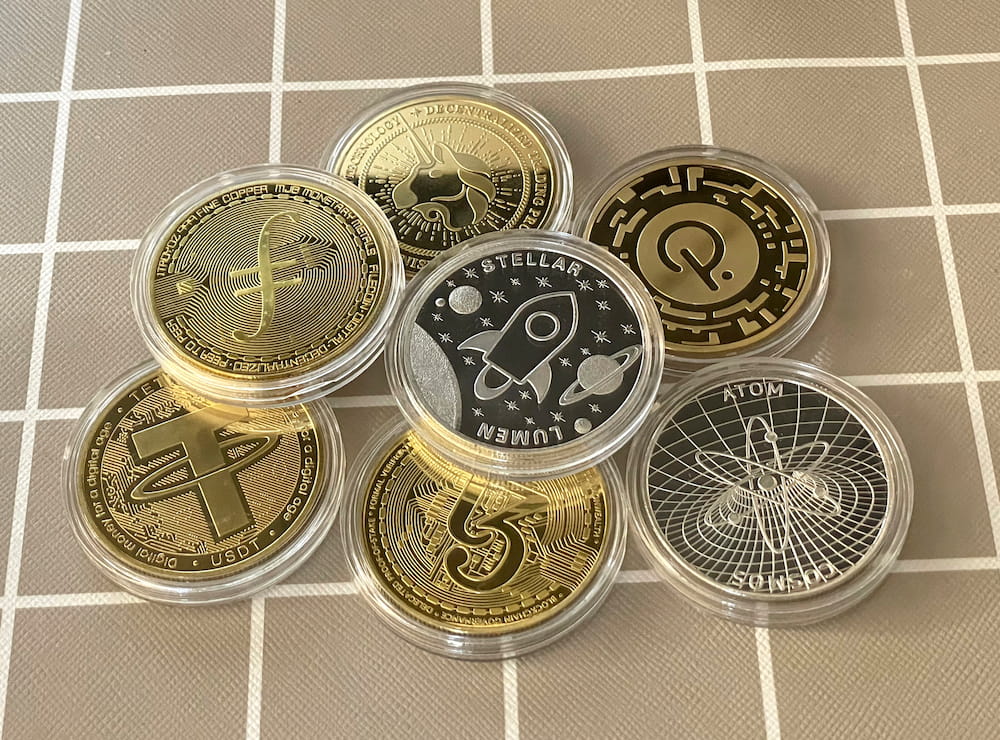Regulators are working closely with Treasury on the ‘crypto-universe’, Australian Securities and Investments Commission Chair Joe Longo has told a business summit.
Cryptocurrency and new decentralised organisations are sidestepping traditional bankers and brokers and forcing a fresh regulatory and investment agenda.
“Crypto is on our doorstep, here and now, and being driven by extraordinary consumer and investor demand,” Mr Longo told the AFR Super and Wealth Summit on Monday.
At present many crypto-assets are not “financial products”, making it difficult for financial advisers to offer counsel, or for ASIC to take a position.
ASIC has already provided some guidance on exchange-traded funds linked to crypto-assets.
“They at least are financial products, and traded on a licensed exchange, so there will be some protections there,” Mr Longo said.
“But for the most part, for now at least, investors are on their own.”
Senator Hume told the summit Australia must acknowledge “this is not a fad”.
She said cryptocurrency was “an asset class that has captured hearts and minds”.
“But beyond that – whatever you might personally think – it’s a technology that’s not going away any time soon.”
Reserve Bank head of payments policy Tony Richards last week said many regulators globally remain “sceptical” of developments in the cryptocurrency market.
Dr Richards also questioned how widely cryptocurrencies were held in Australia, despite a recent Senate inquiry finding 17 per cent of Australians are investing in cryptocurrency.
Senator Hume said Australia must “forge our own trail” on decentralised finance built on blockchain.
“Don’t be the person in 1995 who said the internet was just a place for geeks and criminals and would never become mainstream,” she said.
“Decentralised finance underpinned by blockchain technology will present incredible opportunities – Australia mustn’t be left behind by fear of the unknown.”
Decentralised finance, or DeFi, does not use traditional banks, brokerages or exchanges.
Instead, blockchain-based systems are used to complete financial transactions.
Mr Longo admitted to a “fascination” with decentralised autonomous organisations, or DAOs, governed by artificial intelligence in the form of smart contracts, using blockchain technology to record transactions.
“The modern corporation, with its limited liability and boards of directors, all of whom are now required to apply for lifelong, unique director IDs, seems a world away from this virtual community,” he said.
Senator Hume commended the Commonwealth Bank for moving to allow its customers to hold and use bitcoin and other cryptocurrencies via its 6.5 million-user banking app.
“This will make CBA the first Australian bank – and one of just a handful of banks worldwide – to offer customers this sort of access,” she said.
Mr Longo said the fact Australia’s largest bank was already proposing a means of crypto-exposure for its retail customers was “telling”.
“Yes, it’s only a pilot project, but the overall direction is clear,” he said.
“This debate is no longer on the fringes of the financial services industry.”
AAP
Get all the latest Canberra news, sport, entertainment, lifestyle, competitions and more delivered straight to your inbox with the Canberra Daily Daily Newsletter. Sign up here.



